Is your wooden furniture (or wooden cutting board) looking a little dull lately? Fear not… we have a solution! This coconut oil wood restorer helps to make wood shiny and clean, so it keeps your wood furniture looking (like new) for years to come. To make this wood restorer, you only need two simple ingredients…both natural and simple to make.
Coconut Oil Natural Wood Restorer, Brings Old Wood Back to Life
I love, (I mean, I’m obsessed with) DIY cleaners. There’s nothing that excites me more than finding a DIY version for something that I already know about and love. If it’s something I’ve been searching for (for a while), well, that’s even better. A natural wood restorer (for me), is one of those items.
I’m Obsessed With DIY Cleaners
Have you ever tried to find something to (naturally) clean stuff like:
- Wooden cutting boards
- Wood frames around your pictures
- The leather on your office chair
- Your antique hutch
I was looking for something simple that I could trust around my kiddos, but also, something that wouldn’t harm my furniture, eventually. Way too many wooden items in my home were showing wear and tear, so this is where my quest began. After a while, you can see the long-term results that little ones have on wood furniture, like watermarks, scuffs, and dings. The wear on my wooden furniture was definitely visible, and not the pretty imperfections you get with vintage items either. I knew I had to do something.
Coconut Oil as a Natural Cleaner & Restorer
This coconut oil wood restorer is my latest experiment. Almost all our furniture is wood, and most of it has been with us for quite some time. So, it’s not surprising that I’ve always wanted to find something that would vanish those years of wear and tear without all those chemicals. There were so many options out there, it actually made my head spin. Almost everywhere I look in my house, there is wood furniture, like:
- The kitchen high back chairs
- The kitchen table
- Coffee table
- End tables
- Bookcases
- Entertainment center
- Even our bedframe
I definitely needed to find a natural wood restorer, especially with all the little ones running around in my house. Before trying stuff filled with chemicals or stains, I always give (the thing that’s natural) a try. Looking for a way to reduce the number of toxins, while at the same time, keeping costs down is a huge priority in our home. I’d rather spend my money on things that matter to me. I’ve also found that coconut oil does so many good things for wood, like:
- Rehydrates the wood
- Restores its natural shine and color
- Preserves the original shade of the wood
- It’s healthier than a lot of chemicals you buy from the store
- Coconut oil is usually less expensive as well
Other Oils for Restoring Wood
There are other oils, of course, that can restore wood, like linseed, tung, mineral, walnut, and also danish oil. Coconut oil, though, will always be my favorite way to restore beautiful wood furniture. I love how it seeps deep into the wood making it look gorgeous. Not only does it affect the color, but it also helps to smooth out the surface too. This creamy oil helps to fill up the scratches in the furniture and makes it look new again.
How to Find Coconut Oil Cleaners
I searched the whole supermarket for a store-bought solution and found nothing, even close to what I was looking for. Plus, I read the ingredients, looked at all the labels, I even looked up reviews for most of them (with my phone), still nothing. Either they had a lot of crazy chemicals, or they were completely useless. (Also, I tried this walnut hack, and that didn’t work either.) While I was reading labels at the store for the perfect product, I kept seeing things like:
- DANGER! FLAMMABLE!
- HARMFUL or FATAL if SWALLOWED
- EYE IRRITANT
- VAPOR HARMFUL
- CAUTION: COMBUSTIBLE
After reading these warnings, I knew I couldn’t trust any of them. So when a friend told me about using coconut oil, I just had to try my hand at it. Could something this simple actually work? Coconut oil is already in my cabinet, AND mixing this is super simple. I couldn’t wait to get started!
Easy Homemade Wood Restorer Recipe with Coconut Oil
Coconut oil wood restorer is actually super simple to make. Grab a bowl and a spoon and you’re ready to mix it up. Make sure to have a cloth (or two) with you for wiping the furniture down too. You only need two ingredients, (yes only 2 ingredients!!), and the result is mind-blowing good! I love DIY’s that are simple and effective.
Ingredients Needed
- Coconut oil
- Lemon juice
I usually start with 2 parts coconut oil and 1 part lemon juice, but you could begin with a smaller amount of lemon juice until you get the mixture you like best.
Directions
- Shake till it’s emulsified; (what does emulsify mean)? It basically means to mix two different ingredients together that normally do not mix easily, like fat or an oil and a water-based product. Whisk vigorously to combine both of these ingredients, until uniform. This process doesn’t take long.
How cool is that? This process literally takes years off your wooden furniture! The coconut oil and lemon juice combined, also smell incredibly great so (while polishing), you can feel like you’re in your own little Caribbean getaway! In my opinion, that alone makes the whole process totally worth the effort. Are you ready to get started?
What Kind of Coconut Oil Should I Use?
Unrefined Coconut Oil
Unrefined coconut oil is usually considered the gold standard. The oil is extracted from the fresh coconut using a (wet-milled fermentation) process that actually protects all the beneficial properties of it. It also has the highest antioxidant levels and uses heat, but doesn’t harm the oil or the nutrient levels. Some studies have shown the heat may even produce higher quality oil. This is good to know.
Refined Coconut Oil
Refined coconut oil has no coconut smell and is often tasteless. It’s usually less expensive, but it’s also normally heated, bleached, and deodorized. However, it does have a higher smoke point than unrefined, so it can be a better option for cooking and baking. Refined oil is also a great option for people who don’t like the smell or taste of coconut, but sometimes the health benefits can be greatly reduced. Basically, it comes down to a personal preference and what you intend to use it for.
Will my Oil Turn Rancid?
Over time, some oils spoil and can smell and taste bad. The fat molecules in the oil actually break down, because of a chemical process, which can be sped up by air, light, and heat. Some oils are more likely to turn rancid, like vegetable oils, canola, and olive oil (to name a few). Coconut oil can turn eventually, but it’s more stable and is less likely, as long as you choose a good quality oil. This oil is a great choice to restore your wood (no matter which one you choose) because it’s highly resistant to rancidity and it doesn’t have to be refrigerated!
What to do With the Coconut Oil Wood Restorer
Coconut oil wood restorer is actually pretty simple to use. After mixing together, dip your cloth in the mix and rub a thick coat onto your furniture (this is also the best thing for wooden cutting boards). It’s a good idea to follow the grain of the wood as you apply this mixture. Let it sit for 2 to 15 minutes and then polish it with another cloth (buff with a dry, soft cloth) by moving it in wide circles. You may need to re-apply a second coat if necessary.
If you have any mixture leftover, store it in a glass jar with a lid (so you can use the wood restorer again next time), but don’t forget to label the outside of the jar. You can buy pre-made labels that stick to surfaces, or another option is to make your own. It’s pretty simple really. Print out a nice design, or just take a piece of printer paper, cut it, write on it, and tape it to the jar. How simple is this?
“My father, who was a cabinetmaker, told me, ‘Wood has a grain and if you go into the grain, you have beauty.
If you go against it, you have splinters – it breaks.’ And I took that as my view of life.
You have to follow the grain – to be sensitive to the direction of life.”~Christian Louboutin
This is the best thing ever!
“The workshop to me always means great atmosphere, working, smell of wood, dust and, at the end of the day, you’ve created something.”
~David Linley
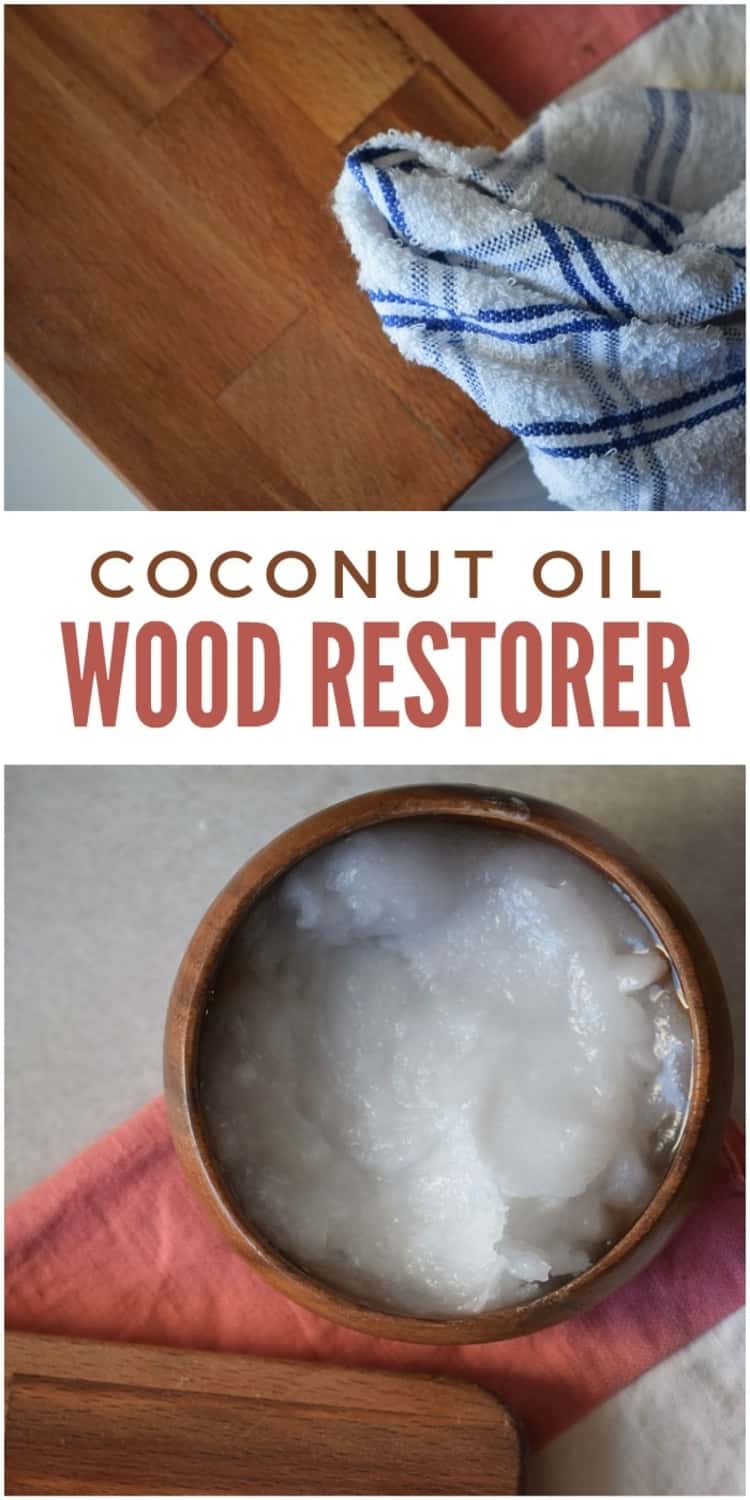
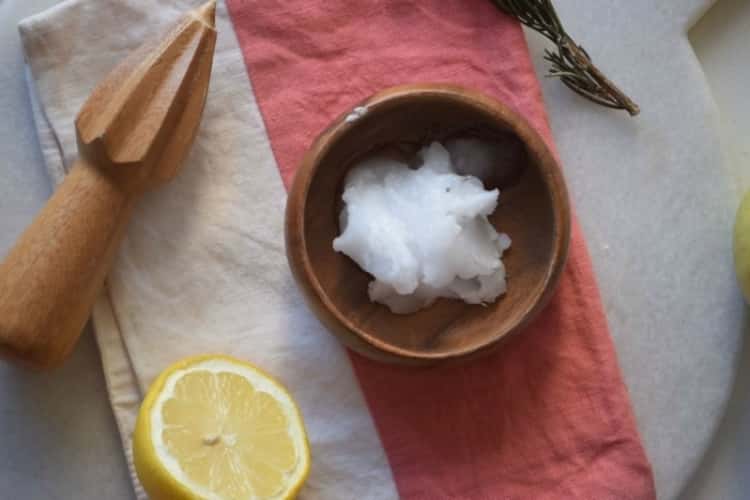
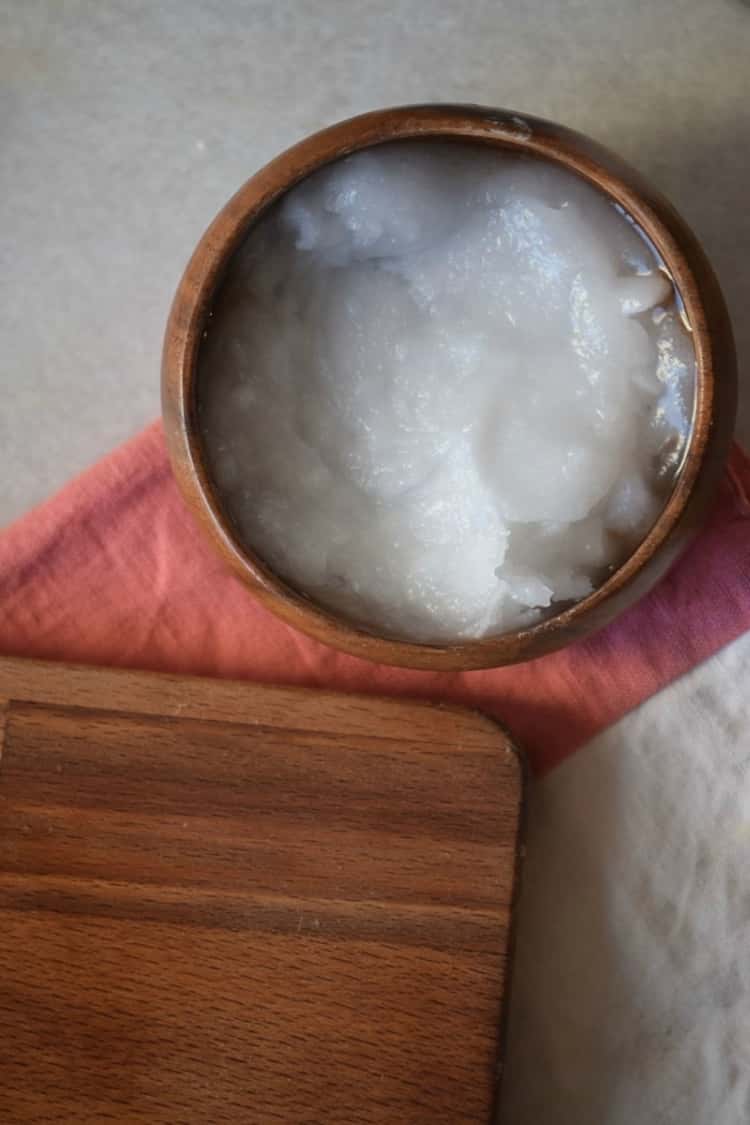
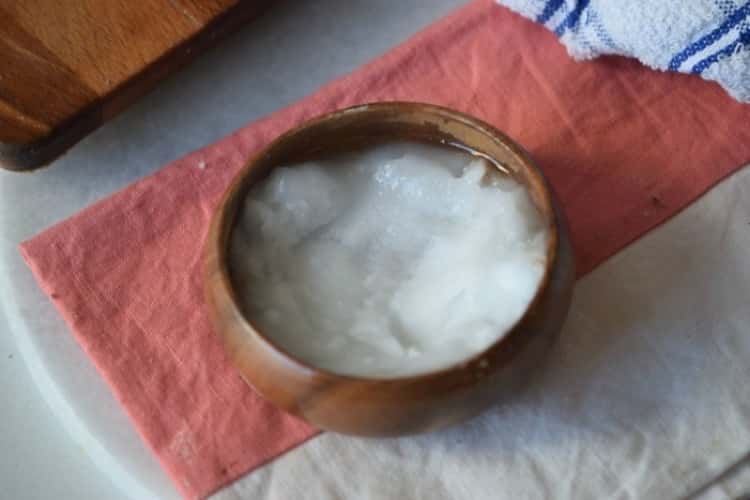
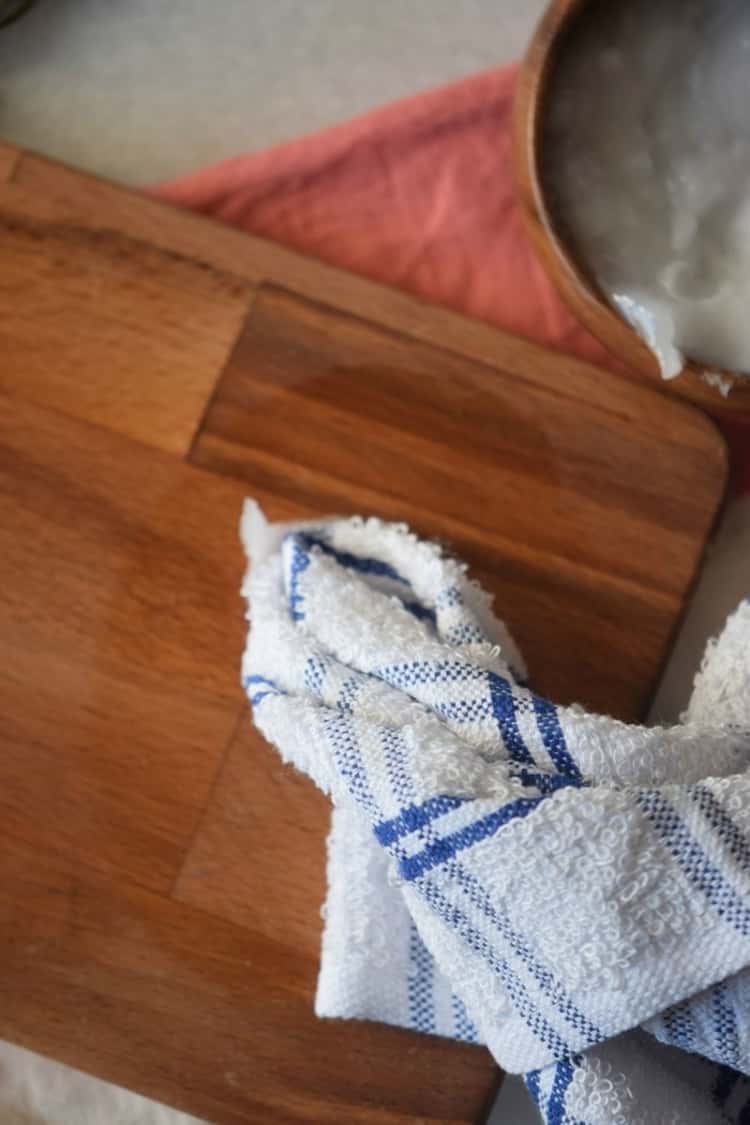
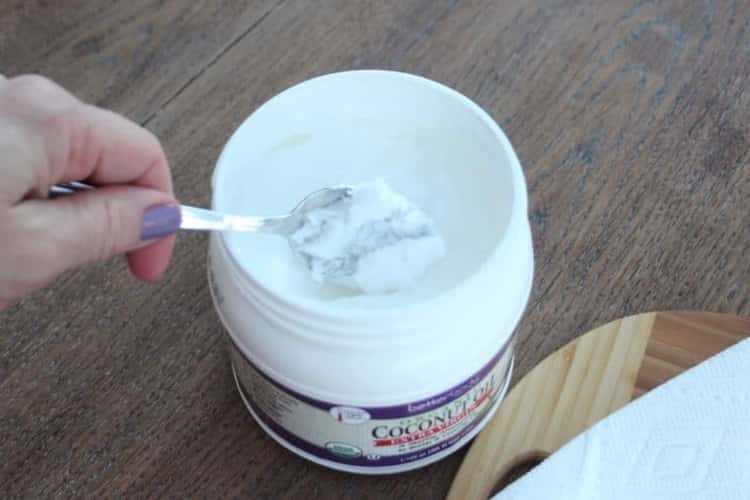
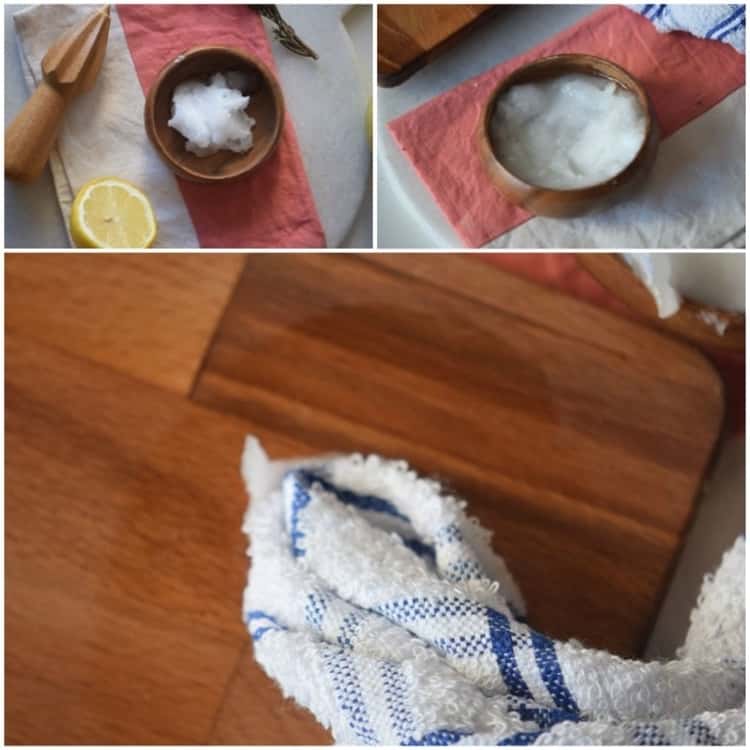
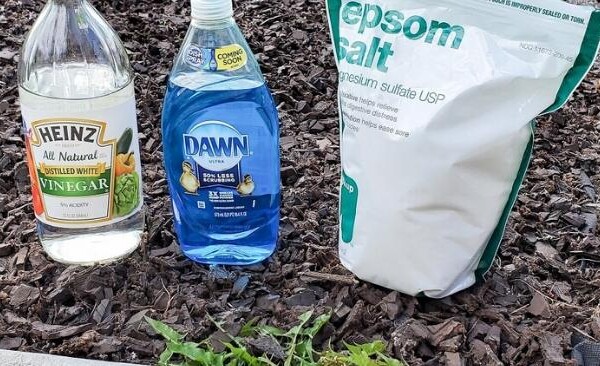
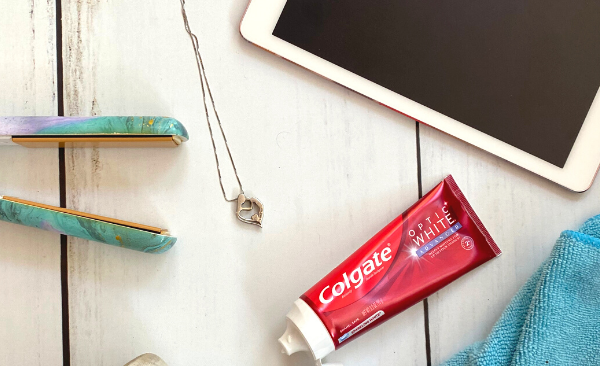
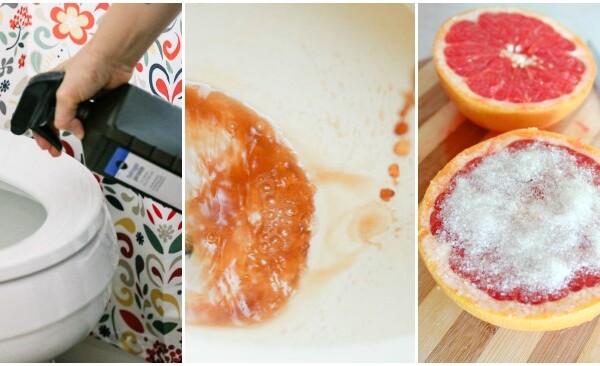
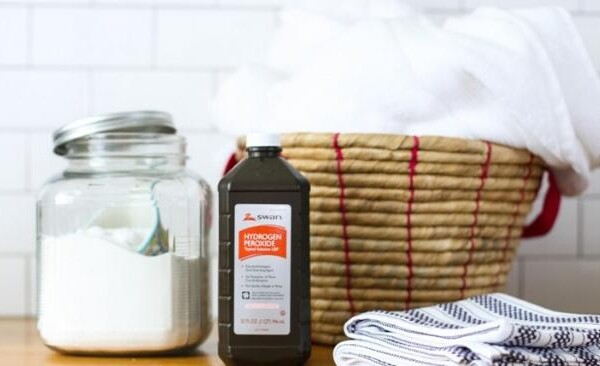




0